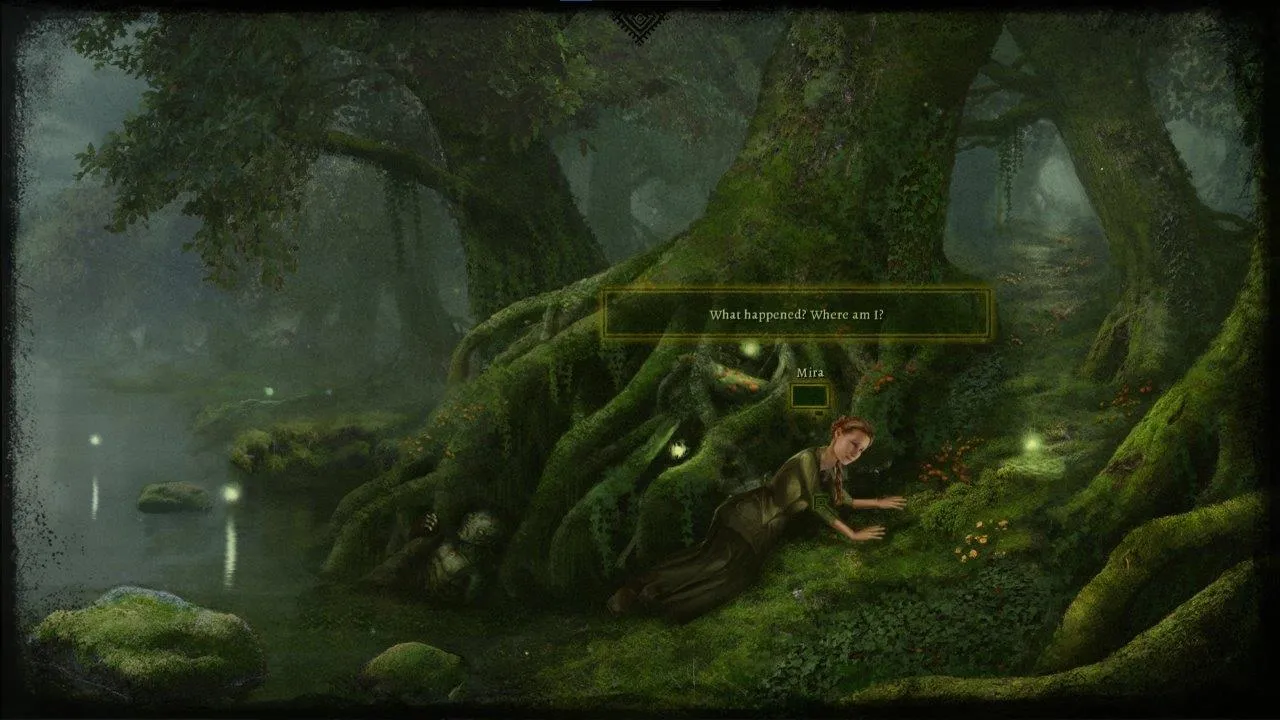
Mira Game Review: A Slavic Folktale Adventure Falls Short
Contents
Fairy tales and mythology have long inspired countless works across various media, including video games. Developer Too Husky sought to tap into the rich, yet often underrepresented, world of Slavic folklore with their point-and-click adventure game, Mira. While boasting beautiful artwork, does Mira successfully weave a compelling narrative and engaging gameplay experience? Let’s delve in.
 Mira waking up in a strange land
Mira waking up in a strange land
The game follows Mira, a young woman caring for orphans in post-World War II Cracow. She awakens one day in a mysterious realm populated by fantastical creatures. Like Alice in Wonderland, Mira must navigate this unfamiliar world and uncover the reason for her sudden displacement.
A Narrative Lost in Translation
Mira‘s core gameplay revolves around exploration and puzzle-solving, standard fare for the point-and-click genre. However, the execution unfortunately falters. The narrative, meant to be the game’s driving force, feels rushed and underdeveloped. The player is thrust into this magical world with little context or explanation, leaving them disoriented and struggling to connect with Mira’s plight.
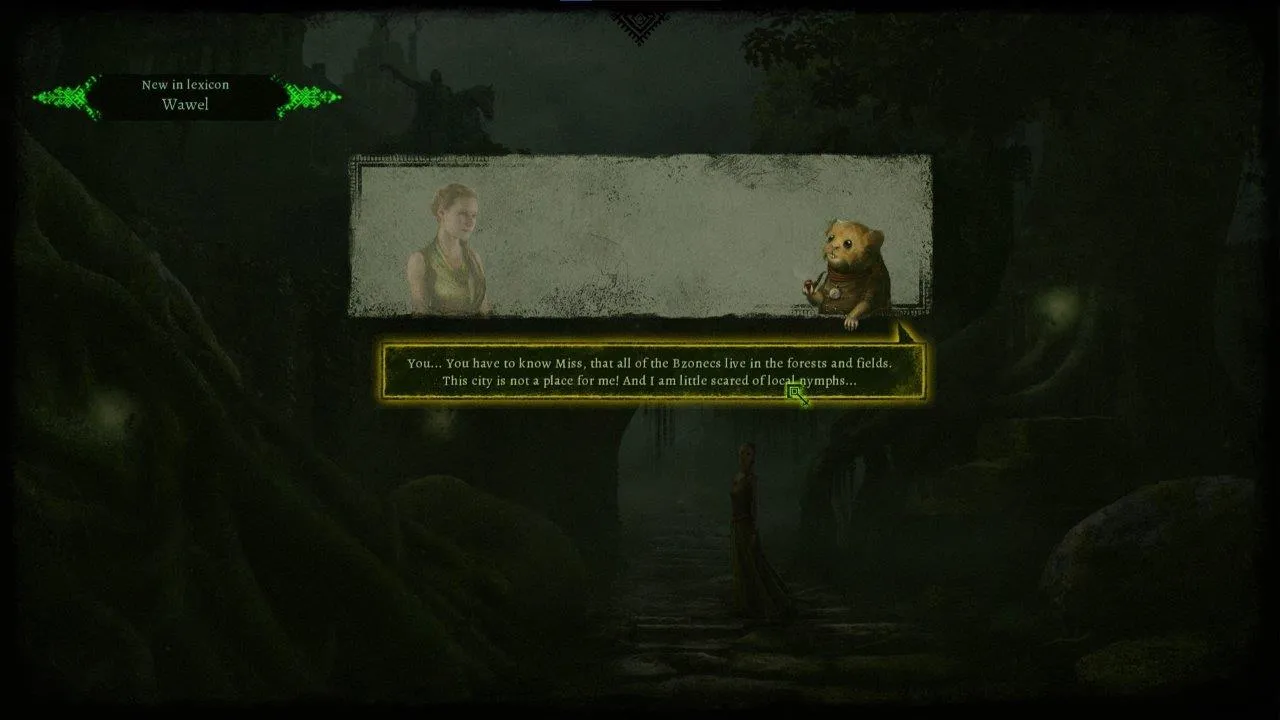 Mira interacting with a character
Mira interacting with a character
A Heavy Reliance on Text
The lack of voice acting, sound effects, or even animated text further exacerbates the narrative’s shortcomings. The static visuals and silent dialogue delivery create a disconnect, making it difficult to empathize with Mira’s emotions or understand the nuances of the story. While text-heavy games can be immersive, Mira‘s dialogue feels stiff and lacks the emotional depth needed to draw the player in. The intended feelings of wonder, surprise, and fear are lost in translation.
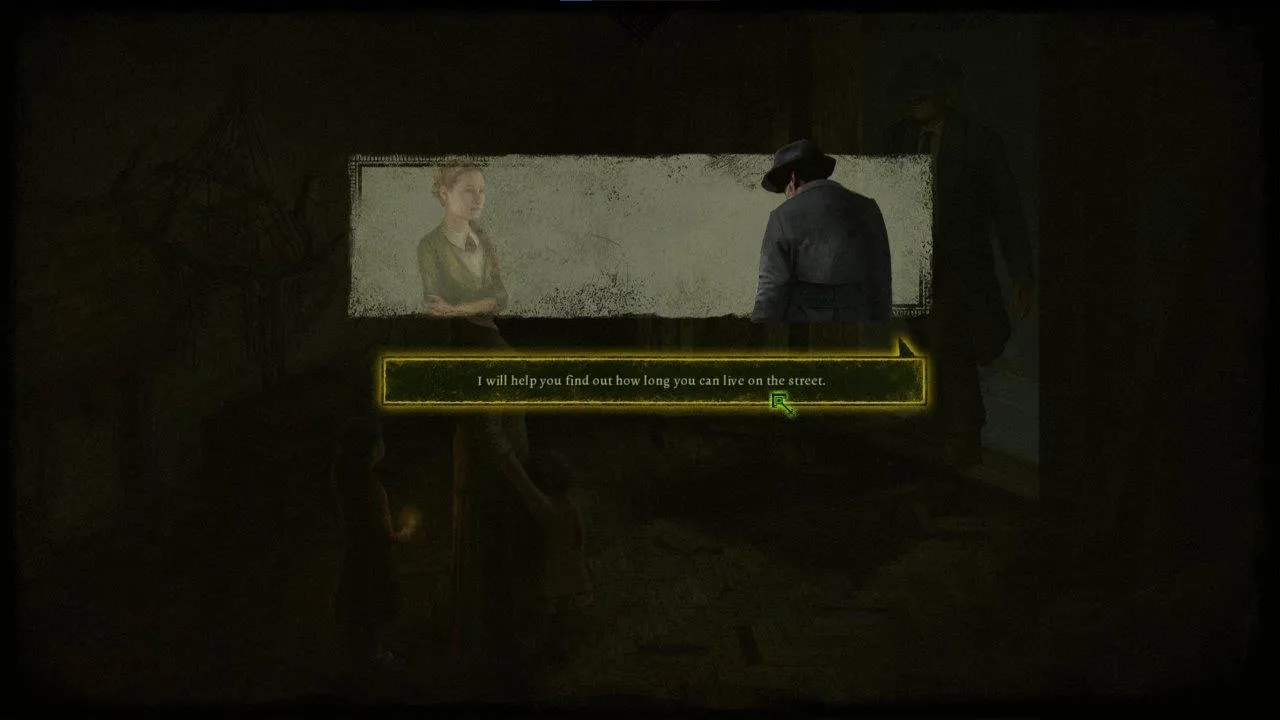 Mira in a forest setting
Mira in a forest setting
Puzzles Lacking Challenge
Beyond the reading, the gameplay itself offers little to hold the player’s attention. The puzzles, scattered throughout the roughly 90-minute playtime, are simplistic and lack any real challenge. Most involve finding hidden symbols, matching images, or pressing buttons in a specific order. This lack of complexity undermines any sense of accomplishment and contributes to the overall feeling of underwhelming gameplay.
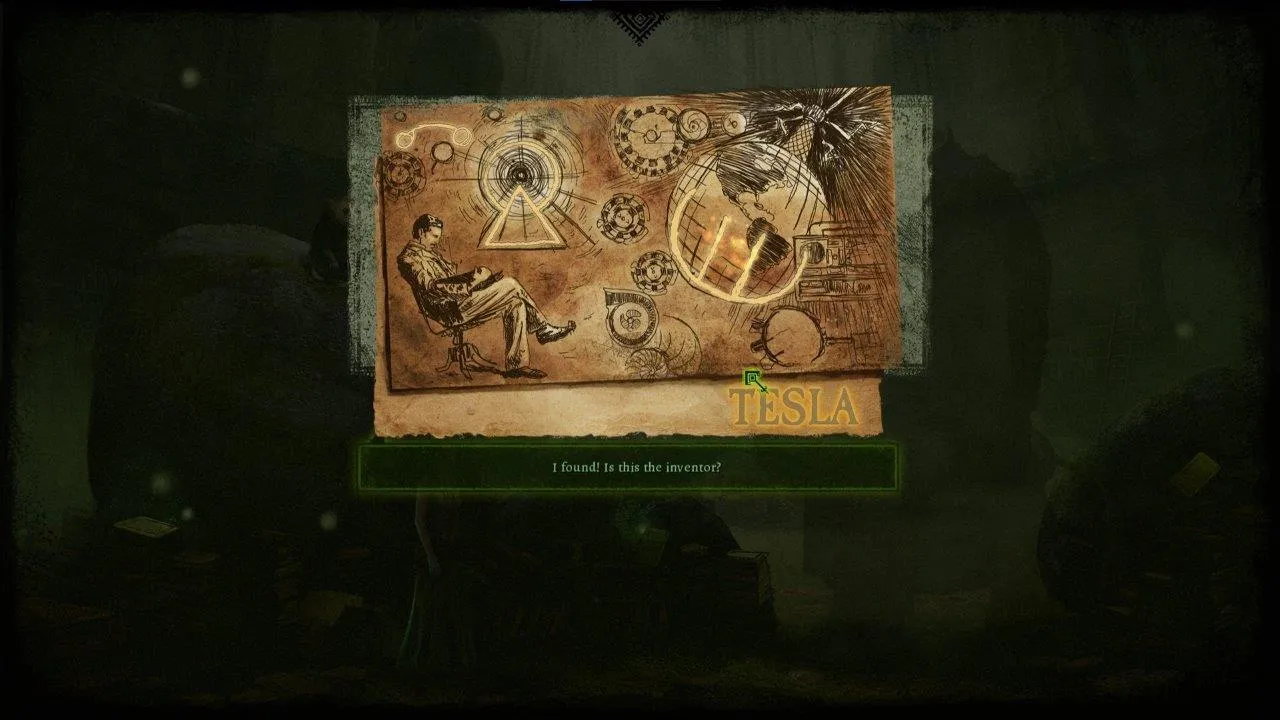 Mira looking at a symbol
Mira looking at a symbol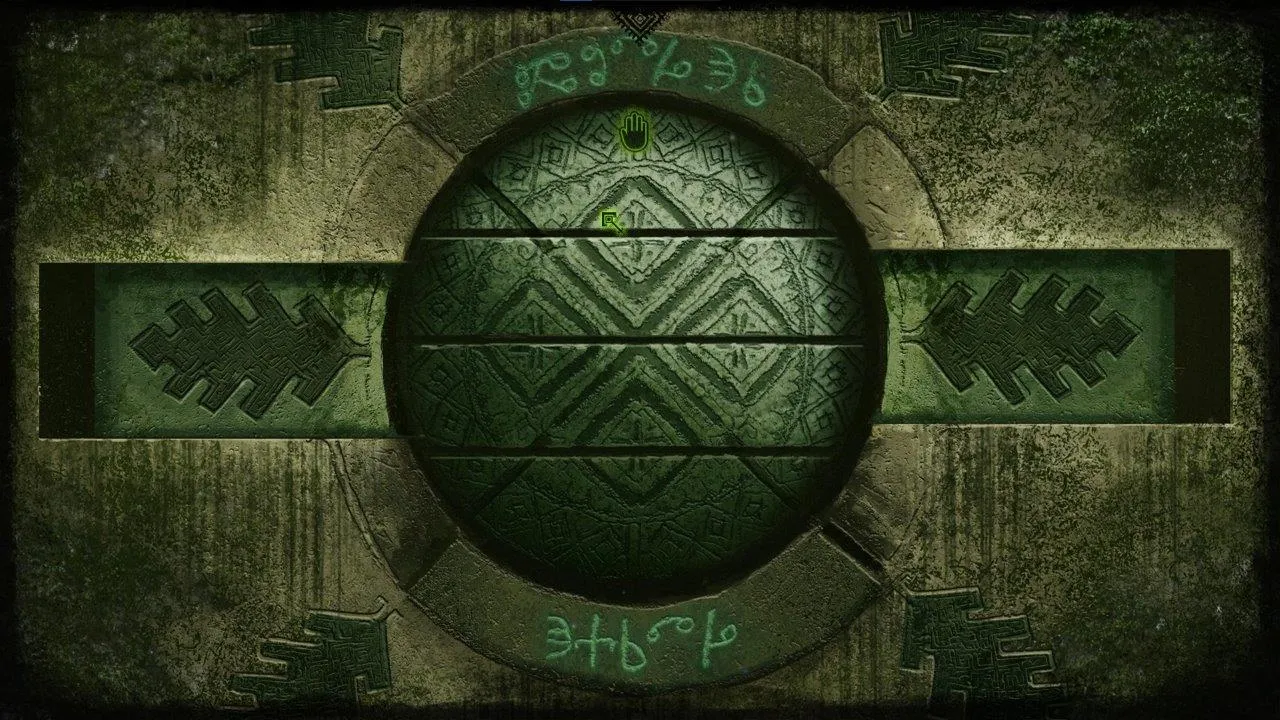 Mira examining an object
Mira examining an object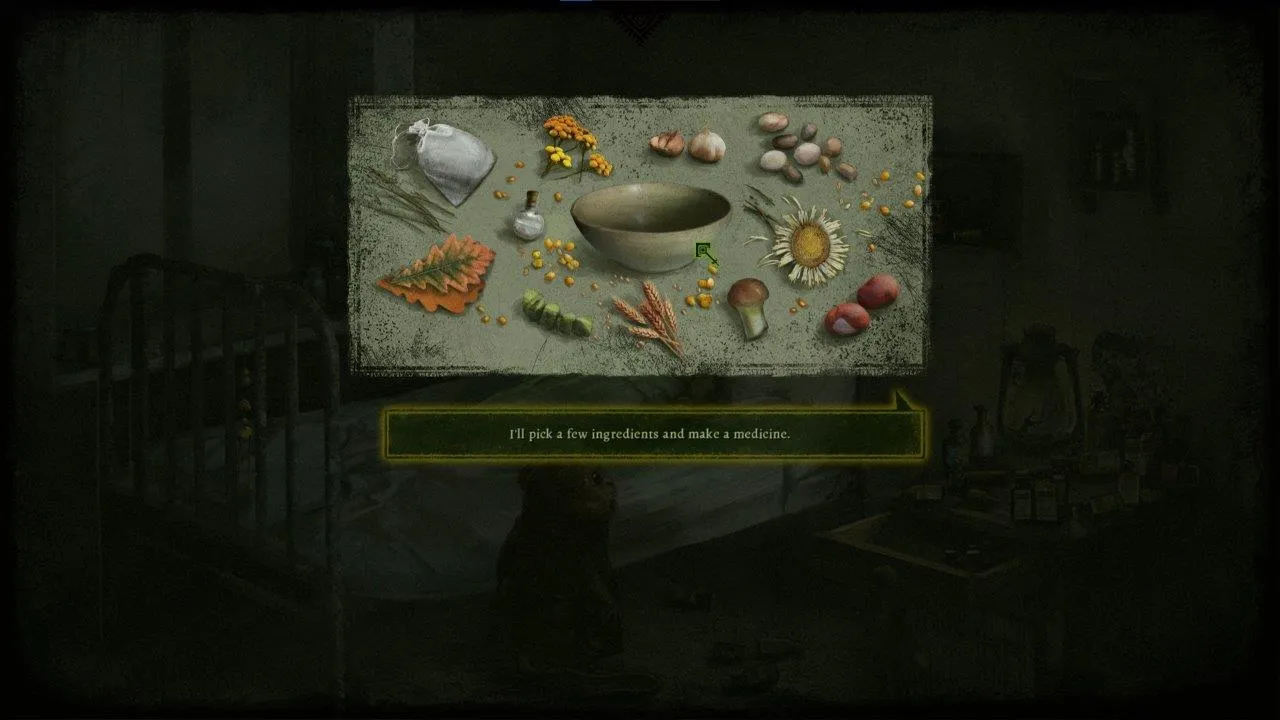 Mira interacting with the environment
Mira interacting with the environment
Illusory Choices
The game occasionally presents the player with choices, adding a semblance of player agency. However, these choices are largely inconsequential, affecting only minor dialogue variations without impacting the overall narrative progression. The illusion of choice ultimately detracts from the experience, highlighting the linearity of the story.
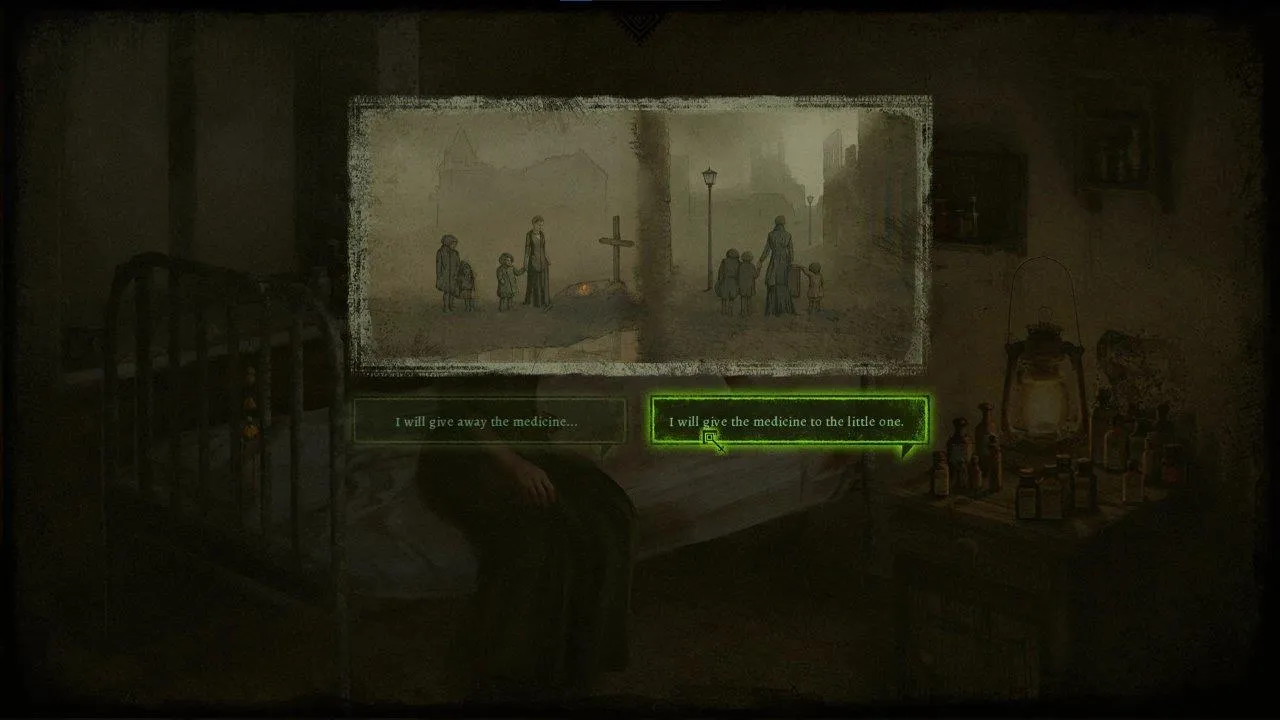 Mira making a choice
Mira making a choice
Conclusion: A Missed Opportunity
Mira presents a compelling premise, drawing upon the intriguing world of Slavic mythology. Unfortunately, the game fails to capitalize on its potential. The weak narrative, simplistic puzzles, and meaningless choices combine to create a disappointingly shallow experience. While the artwork is visually appealing, it’s not enough to salvage the game’s fundamental flaws. Mira ultimately feels like a missed opportunity to deliver a truly captivating Slavic folklore adventure.
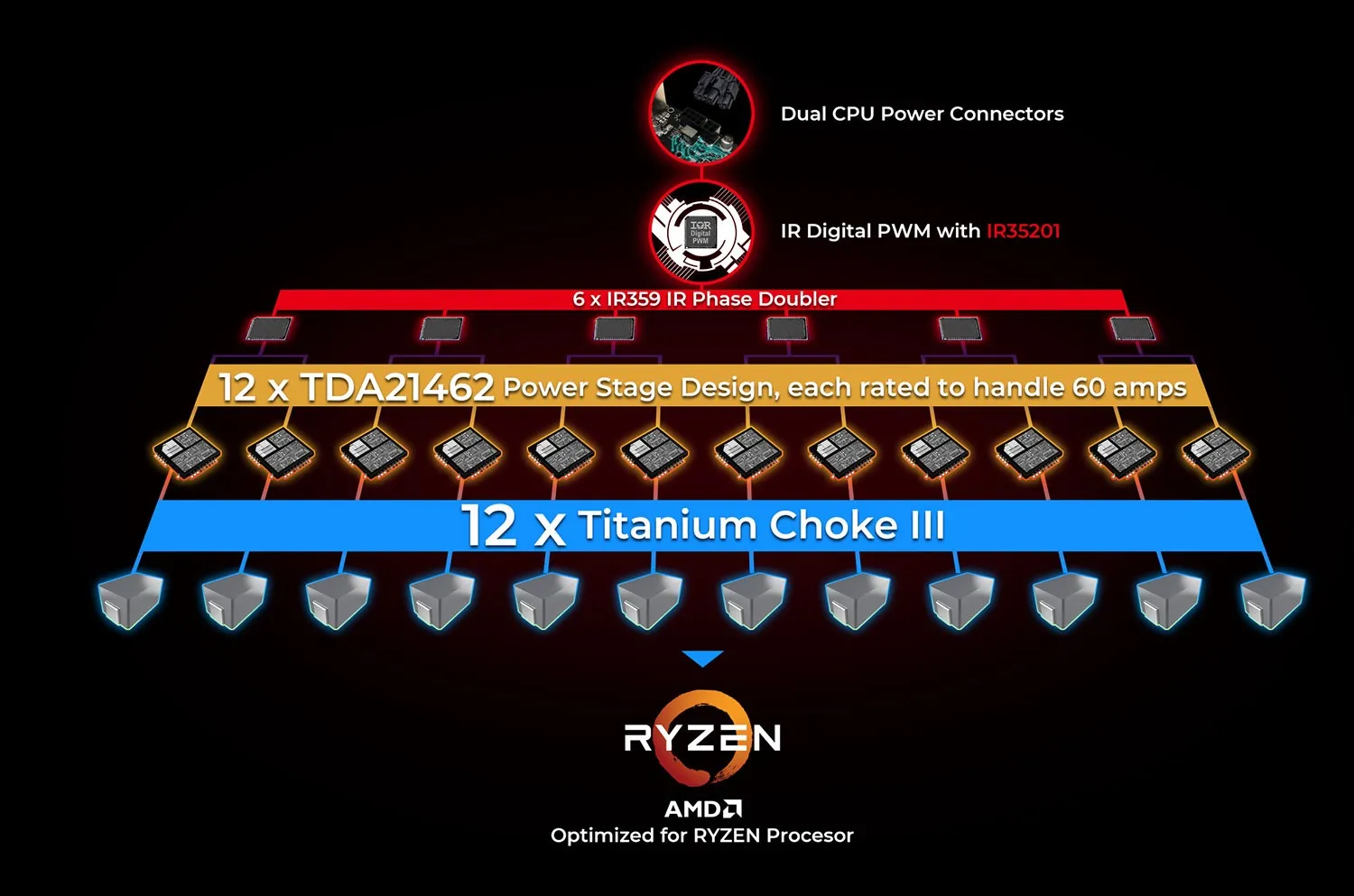
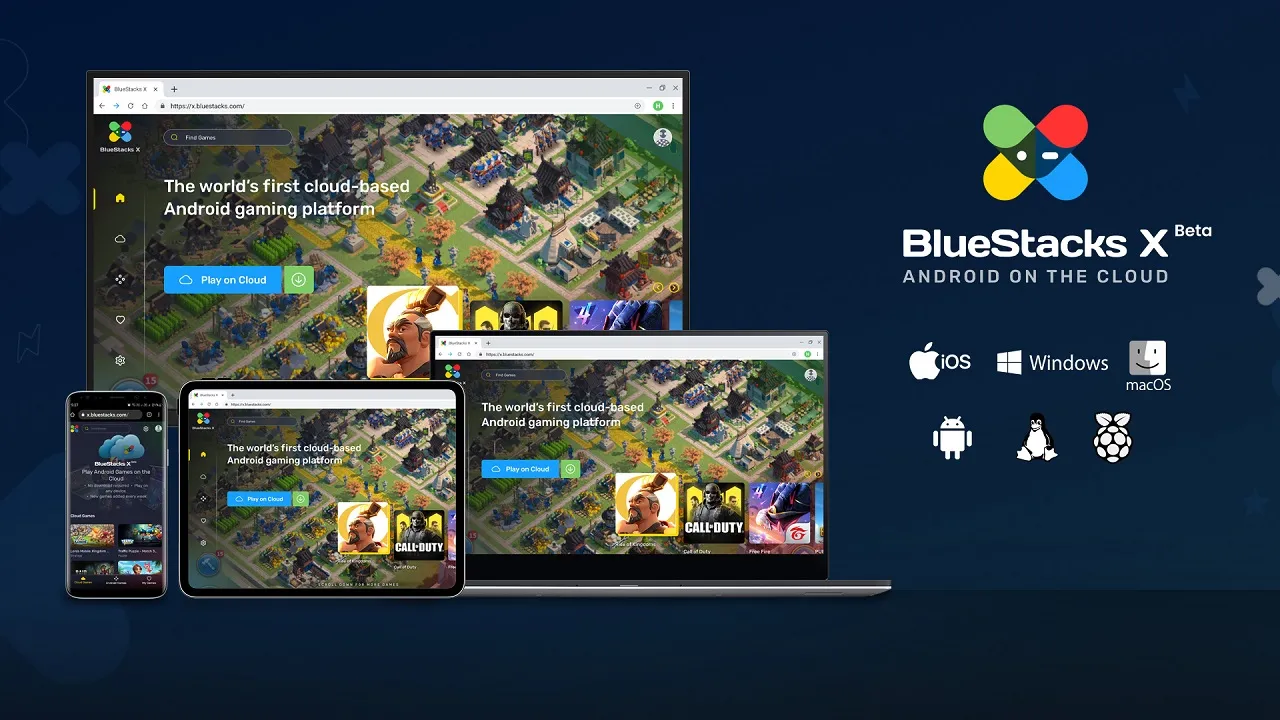

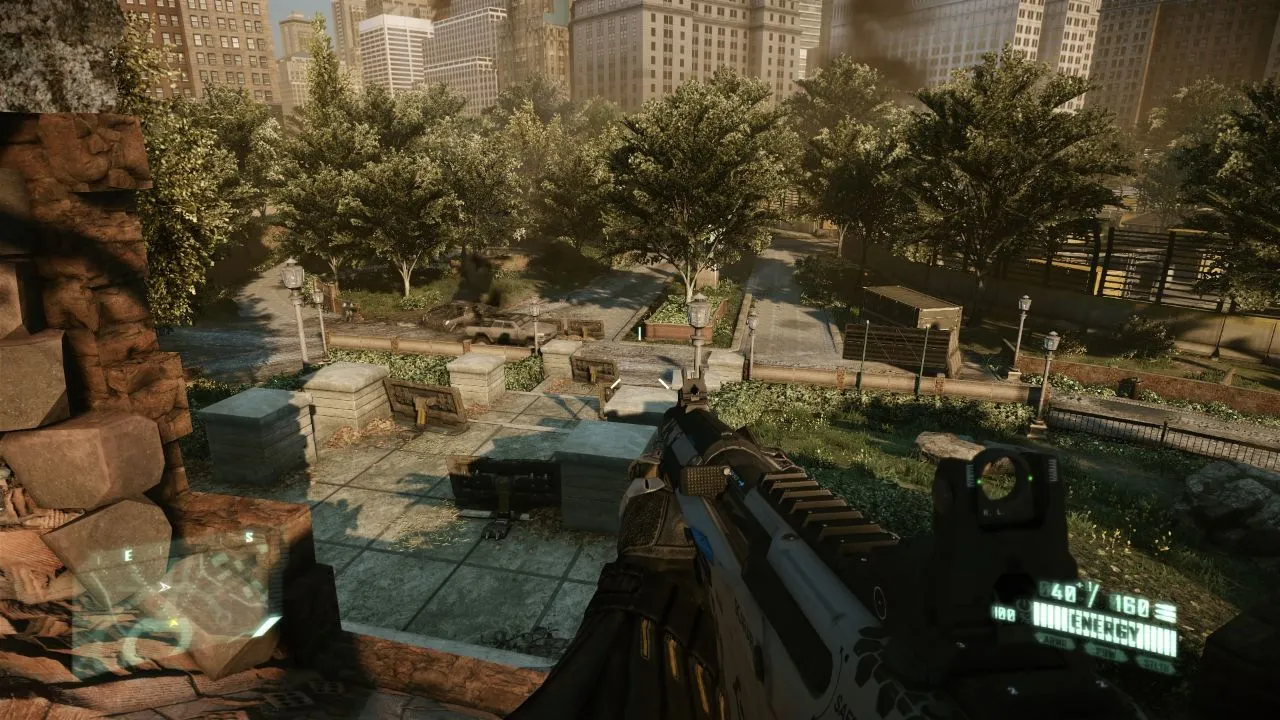
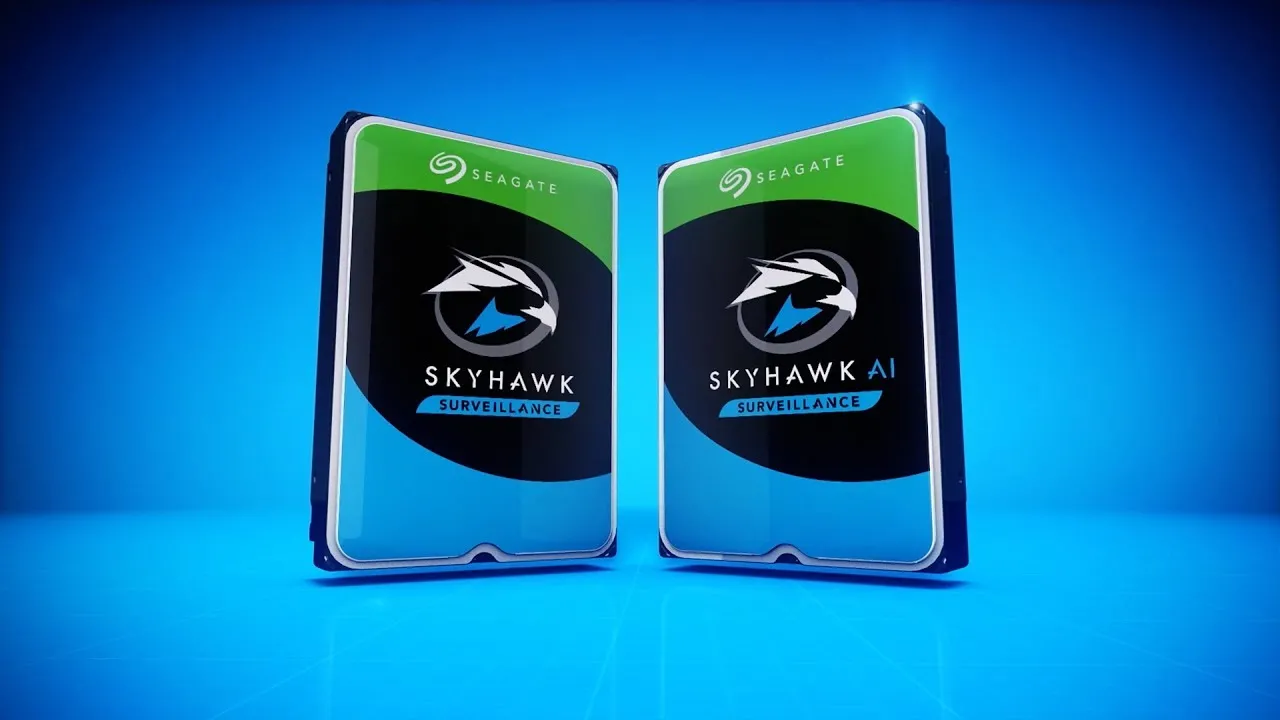
Comments (0)